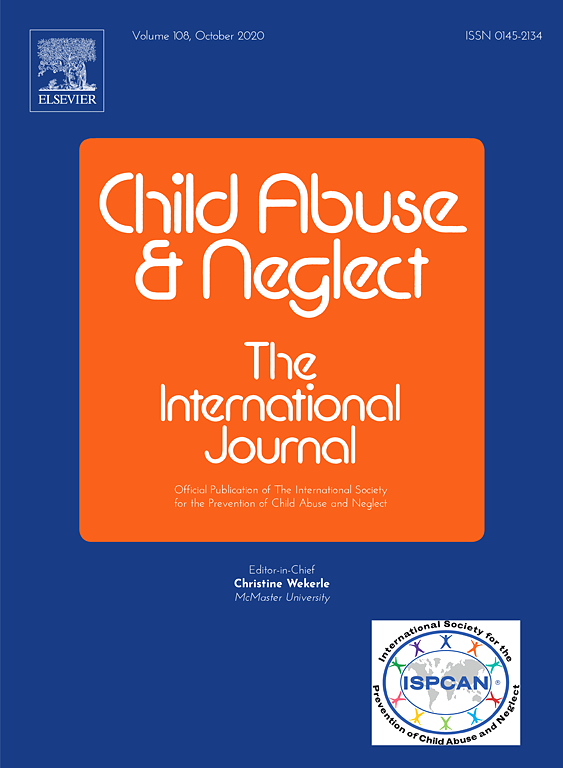The role of individual-, family-, and school-level resilience in the subjective well-being of children exposed to violence in Namibia
Background
Children exposed to violence are at risk of a range of adverse outcomes. Given the unique cultural and social context, understanding what fosters children’s resilience in resource-limited areas such as sub-Saharan Africa, is vital.
Objectives
Using data from the International Survey of Children’s Well-Being (ISCWeB), this paper explores individual-, family-, and school-level factors associated with positive outcomes for children who have experienced some form of violence in Khomas region, Namibia.
Method and participants
Using a cross-sectional survey design, the ISCWeB questionnaire, assessing cognitive, affective, and psychological dimensions of well-being, child protection factors and violence exposure was administered to 2124 Grade four and six children.
Results
Our sample had a mean age of 11.2 years. Overall, 56.8 % of children reported at least one incident of violence from an adult caregiver at home and 86.0 % of children reported some form of peer violence at school. Materially deprived children experienced higher incidence of both family and peer violence. The quality of children’s relationships at home (β = 0.17, p < 0.001), and school (β = 0.07, p < 0.001) emerged as important protective factors for children’s well-being for both types of violence, suggesting that supportive family and school relationships may be more important to the subjective well-being of children who experienced violence than material wellbeing, violence severity, and individual child factors.
Conclusions
Providing positive social interaction and emotional security in contextually and culturally appropriate ways within children’s proximal systems should be prioritized while challenging norms that support violence in Namibian families and schools.
Keywords: Children; Family violence; Bullying; Subjective well-being; Namibia

